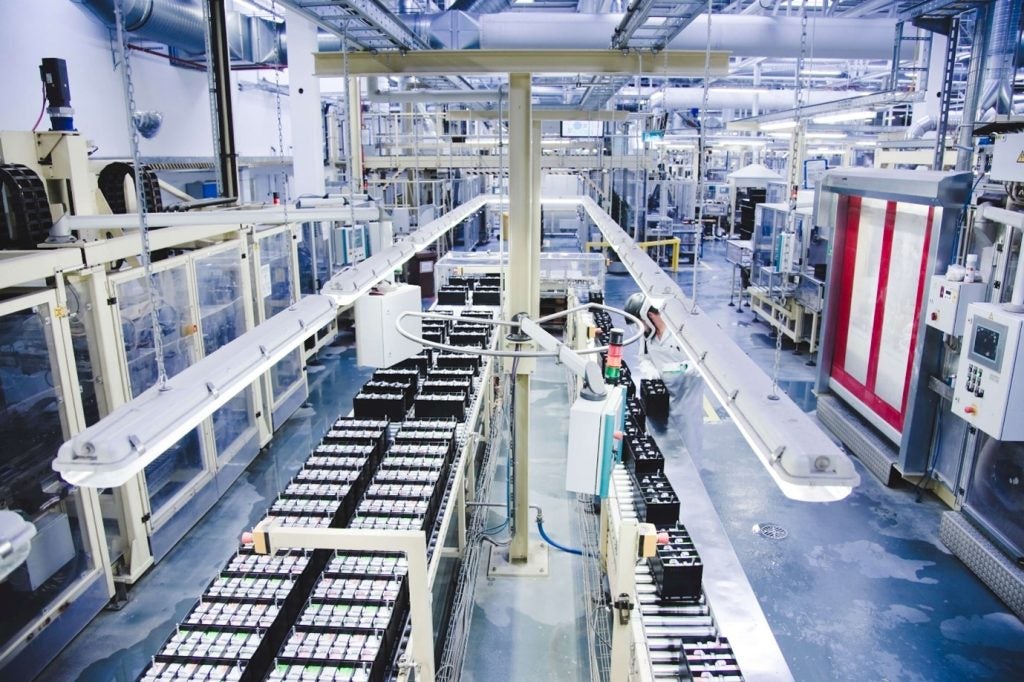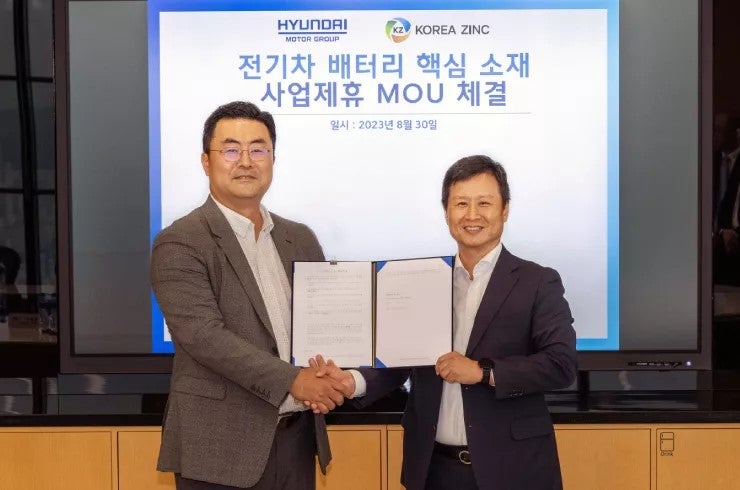
South Korean waste management company IS Dongseo Company has agreed to acquire a majority stake in Slovakian battery recycling company BTS Technology Sro for KRW37.5bn (US$28m).
IS Dongseo said in a regulatory filing last week it has signed an agreement to acquire a 79% stake in BTS Technology, a company established in 2007 with waste recycling, management, storage and transportation operations in Slovakia, Poland and Hungary.
The acquisition of BTS will give the South Korean company a strong foothold in the European battery recycling market. It joins South Korea’s POSCO Holdings which recently completed construction of a battery recycling plant in Poland after it agreed to collect 10,000 tons of battery scraps per year from LGES’s Wroclaw plant.
Why it matters
IS Dongseo is looking to play a significant role in the future global electric vehicle (EV) battery supply chain.
Recovered battery materials are expected to account for an increasingly significant proportion of the future EV battery supply chain, particularly valuable battery minerals such as lithium, cobalt and nickel – the main materials used in battery anodes and cathodes.
As EV markets around the world continue to expand, the supply of end-of-life batteries is also expected to grow significantly. The EU has introduced regulations requiring battery manufacturers to increase their use of recycled materials.
The company already claims to control half of Europe’s waste battery collection market. It has just completed construction of a new EV battery recycling plant in Poland, near LG Energy Solution Ltd’s (LGES) battery plant in Wroclaw. Prior to the acquisition announcement, BTS said it aimed to have the capacity to recycle 150,000 tons of EV batteries per year by 2030.
Our signals coverage is powered by GlobalData’s Thematic Engine, which tags millions of data items across six alternative datasets — patents, jobs, deals, company filings, social media mentions and news — to themes, sectors and companies. These signals enhance our predictive capabilities, helping us to identify the most disruptive threats across each of the sectors we cover and the companies best placed to succeed.






